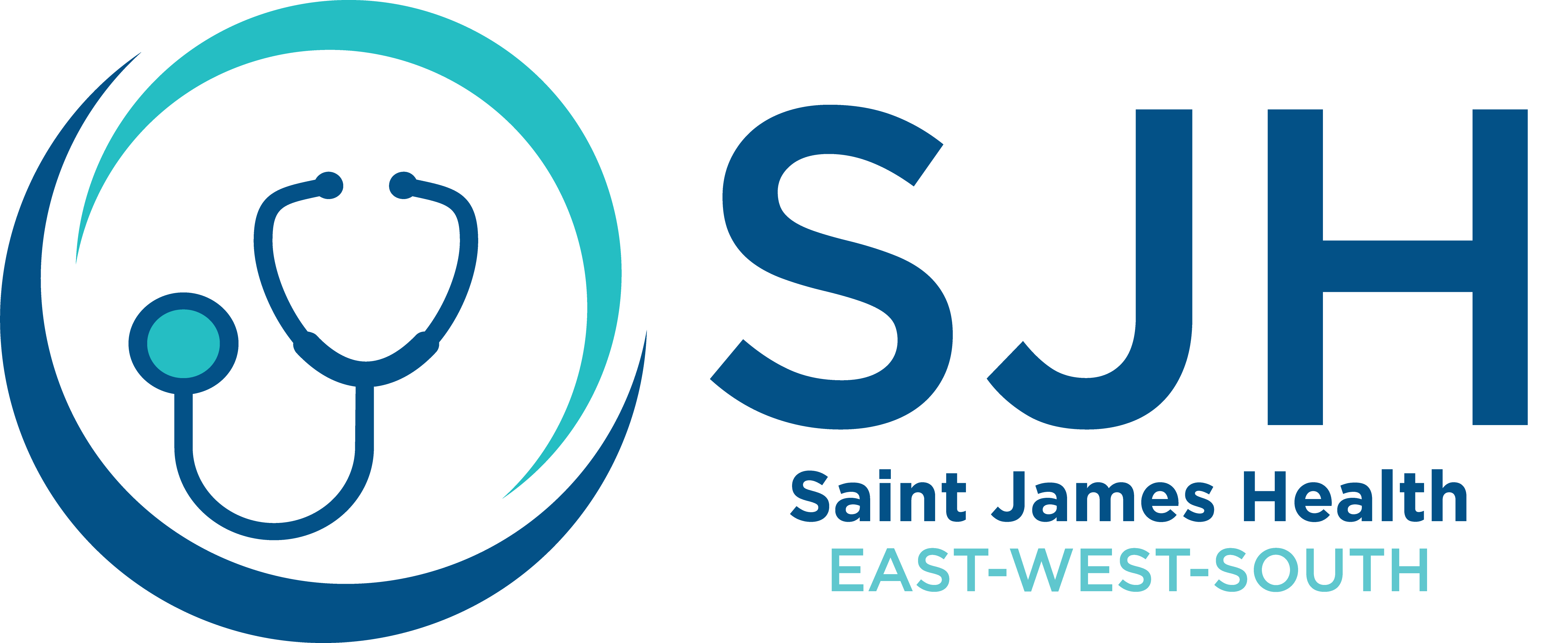Menopause is a natural and inevitable phase in a woman’s life, marking the end of her reproductive years. While it is a universal experience, each woman’s journey through menopause is unique, bringing with it a spectrum of physical and emotional changes. Navigating this transitional period with knowledge, support, and self-care is key to promoting overall well-being. In this guide, we delve into the intricacies of menopause, offering insights, tips, and empowerment for women undergoing this transformative phase.
Understanding Menopause
Menopause typically occurs between the ages of 45 and 55, although the timing can vary. It is defined by the absence of menstrual periods for 12 consecutive months, signaling the end of a woman’s fertility. The primary driver behind menopause is a decline in the production of estrogen and progesterone, two hormones essential for reproductive health.
Physical Changes
- Hot Flashes and Night Sweats
Menopause, a transformative phase in a woman’s life, often introduces the challenge of hot flashes – sudden waves of heat that envelop the body, leading to redness and perspiration. These episodes, accompanied by night sweats, can significantly disrupt sleep patterns and contribute to overall fatigue. Women’s health Newark professionals say exploring coping mechanisms and lifestyle adjustments becomes paramount in navigating these common menopausal symptoms, ensuring a more restful and rejuvenating night’s sleep.
- Vaginal Dryness and Changes in Sexual Health
Hormonal shifts accompanying menopause can usher in vaginal dryness, a condition that not only causes discomfort but also impacts sexual health. Open communication with women’s health Newark professionals is crucial in addressing these changes. By fostering a candid dialogue, women can explore suitable solutions, whether through medical interventions, lifestyle adjustments, or holistic approaches, ensuring a positive and fulfilling experience in this aspect of their lives.
- Bone Health Concerns
The decline in estrogen levels during menopause brings attention to bone health concerns, with a potential risk of osteoporosis. Adequate calcium and vitamin D intake, coupled with weight-bearing exercises, emerges as a proactive strategy to maintain bone density. Understanding the nuances of bone health empowers women to take charge of their well-being, laying a strong foundation for overall physical resilience.
- Changes in Weight Distribution
Menopause often brings about changes in weight distribution, with a notable tendency to gain weight around the abdomen. Women’s health Newark professionals say embracing a holistic approach that combines a balanced and nutrient-rich diet with regular exercise becomes key in managing these changes. By prioritizing health and well-being, women can navigate body transitions with grace.
Emotional Changes
- Mood Swings and Irritability
Menopause introduces hormonal fluctuations that can manifest as mood swings and irritability, impacting a woman’s emotional well-being. Recognizing these shifts is the first step toward managing them effectively. Engaging in stress-reduction techniques becomes pivotal, with mindfulness and deep breathing emerging as beneficial practices.
- Anxiety and Depression
The hormonal intricacies of menopause can sometimes give rise to heightened feelings of anxiety or depression. Acknowledging and addressing these emotional challenges is crucial for maintaining overall well-being. Seeking support from women’s health Newark professionals, and friends, or joining support groups provides a nurturing space to share experiences and strategies for emotional resilience.
- Sleep Disturbances
Women’s health Newark professionals say menopausal changes in hormone levels can significantly impact the quality of sleep, leading to disturbances that affect overall well-being. Establishing a consistent sleep routine becomes paramount, creating a structured approach to bedtime and wake-up times. Crafting a conducive sleep environment, free from distractions, contributes to restful nights.
Coping Strategies
- Educate Yourself
Understanding the physiological changes occurring during menopause empowers women to navigate this phase with confidence. Reliable sources, women’s health and birth control clinics in Newark, and reputable health websites can provide valuable information.
- Prioritize Self-Care
Menopause is a reminder of the importance of self-care. This includes maintaining a balanced diet, staying physically active, getting adequate sleep, and engaging in activities that bring joy and relaxation.
- Open Communication
Openly discussing physical and emotional changes with healthcare providers, partners, and friends fosters a supportive environment. Feeling heard and understood is instrumental in managing the challenges of menopause.
- Explore Hormone Replacement Therapy (HRT) Options
For some women, hormone replacement therapy may be a viable option to manage severe symptoms. However, women’s health Newark professionals say that it is essential to discuss the potential risks and benefits with a healthcare provider to make informed decisions.
- Embrace a Positive Mindset
Menopause represents more than a biological transition; it embodies a profound shift in a woman’s life journey. Embracing a positive mindset is a cornerstone for navigating this transformative phase with resilience and growth.
Seeking Support
Navigating menopause is a unique journey for every woman. Seeking support from women’s health Newark professionals, friends, and family can make this transition smoother. Additionally, joining support groups or online communities where women share their experiences can provide valuable insights and a sense of camaraderie.
Conclusion
Menopause is a natural part of a woman’s life journey, bringing challenges and opportunities for growth. By understanding the physical and emotional changes associated with menopause and adopting proactive coping strategies, women can navigate this transition with resilience and grace. Empowered with knowledge and surrounded by a supportive network, women can embrace the menopause as a transformative phase, paving the way for a fulfilling and healthy future.
At Saint James Health, a women’s health and birth control clinic in Newark, we recognize the significance of providing support and empowering women with knowledge to navigate the complexities of menopause. By understanding the nuanced challenges and embracing a proactive approach to physical and emotional well-being, women can embark on this journey with resilience and grace.




 Hi! I`m an author of this blog. Read our post - be in trend!
Hi! I`m an author of this blog. Read our post - be in trend! 


